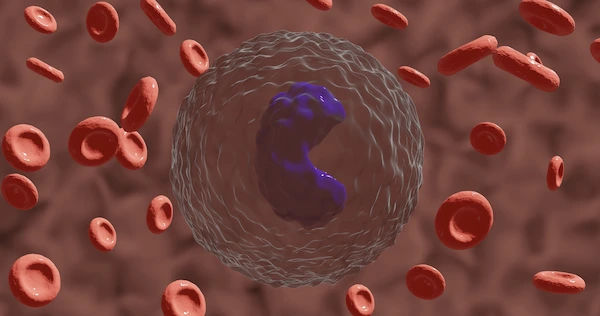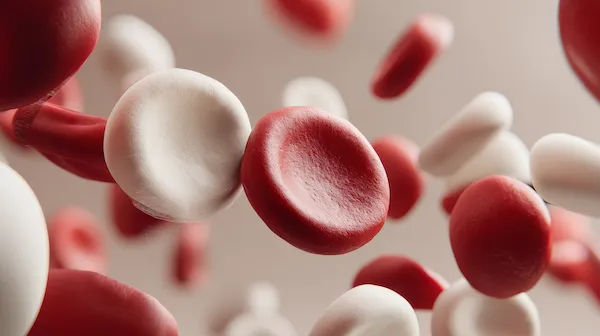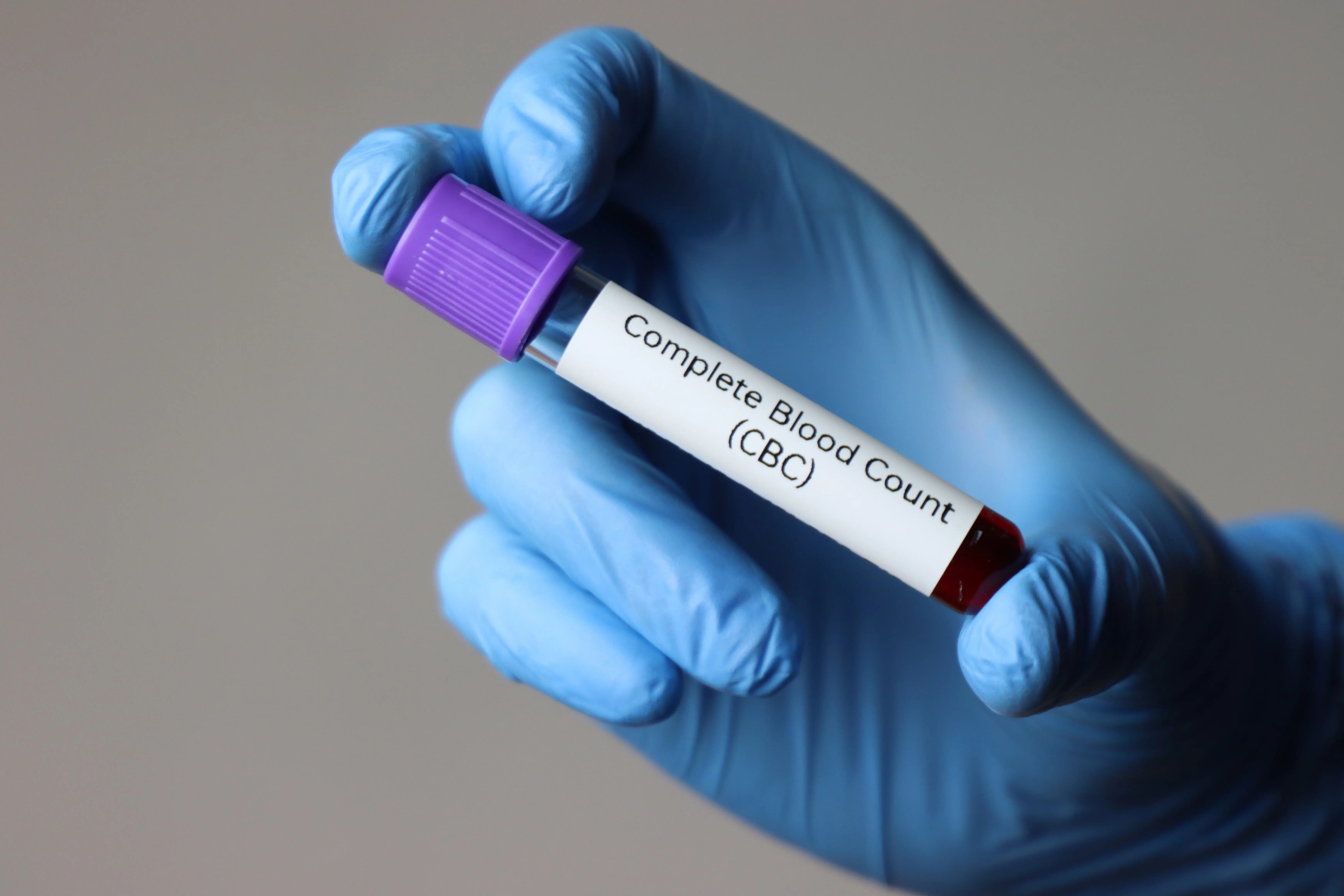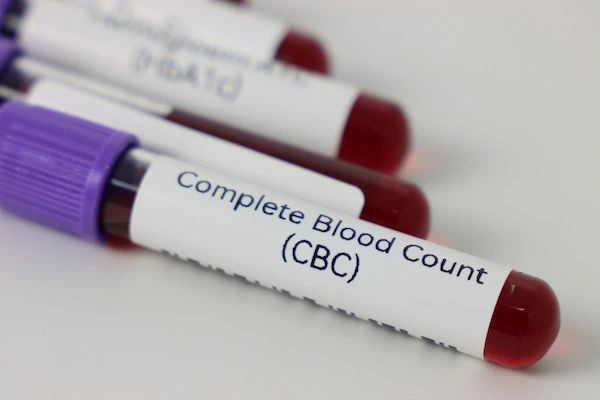CT Scan and MRI Differences Explained
Understand the key differences between CT scans and MRIs, including technology, uses, pros, cons, and preparation tips. Learn which scan is right for your condition.

Written by Dr. Dhankecha Mayank Dineshbhai
Reviewed by Dr. Vasanthasree Nair MBBS
Last updated on 14th Aug, 2025

When it comes to medical imaging, CT scans and MRI scans are two of the most commonly used diagnostic tools. While both provide detailed images of the inside of your body, they work differently and are used for different purposes. If you or a loved one has been advised to undergo one of these tests, you might wonder; what’s the difference? Which one is better for my condition?
This article will explain the key differences between CT scans and MRIs in simple terms, helping you understand why your doctor may recommend one over the other.
What Is a CT Scan?
A CT (Computed Tomography) scan uses X-rays to create detailed cross-sectional images of your body. It works by taking multiple X-ray images from different angles and combining them to form a 3D picture.
When Is a CT Scan Used?
- Detecting fractures or bone injuries (better for hard tissues like bones).
- Identifying tumors or cancers (especially in the lungs, abdomen, or pelvis).
- Diagnosing internal bleeding (after accidents or trauma).
- Checking for blood clots, infections, or lung conditions (like pneumonia).
- Guiding surgeries or biopsies (helping doctors see precise locations).
Pros of a CT Scan
- Faster (takes just a few minutes).
- Better for emergencies (stroke, trauma, fractures).
- Less expensive than an MRI.
- Good for detecting calcium deposits (like kidney stones).
Cons of a CT Scan
Uses radiation (though minimal, repeated scans may pose risks).
Less detailed for soft tissues (like muscles, ligaments, or brain details).
Consult an Radiologist for the best advice
What Is an MRI?
An MRI (Magnetic Resonance Imaging) scan uses strong magnets and radio waves (no radiation) to create highly detailed images of soft tissues, organs, and the nervous system.
When Is an MRI Used?
- Brain and spinal cord imaging (stroke, multiple sclerosis, tumors).
- Joint and ligament injuries (knee, shoulder, or spine problems).
- Heart and blood vessel conditions (aneurysms, heart defects).
- Detecting cancers in soft tissues (breast, liver, prostate).
- Monitoring chronic conditions (like arthritis or nerve damage).
Pros of an MRI
- No radiation (safer for repeated scans).
- Superior soft-tissue detail (great for brain, muscles, tendons).
- Better for detecting subtle abnormalities (small tumors, nerve issues).
Cons of an MRI
- Takes longer (30-60 minutes, sometimes uncomfortable).
- Noisy and enclosed (can be claustrophobic for some).
- More expensive than a CT scan.
- Not suitable for people with metal implants (pacemakers, metal fragments).
Key Differences Between CT Scan and MRI
Which One Should You Choose?
Your doctor will recommend CT or MRI based on:
- Your symptoms (bone injury vs. nerve damage).
- Urgency (emergency cases usually prefer CT).
- Medical history (allergies, implants, pregnancy).
- Area being scanned (brain MRI vs. chest CT).
Can You Have Both?
Sometimes, doctors may order both scans to get a complete picture; for example, a CT scan for bones and an MRI for soft tissues in complex cases.
Preparing for a CT Scan or MRI
Before a CT Scan:
- Fasting may be needed (if contrast dye is used).
- Remove metal objects (jewelry, glasses).
- Inform your doctor if pregnant or allergic to contrast dye.
Before an MRI:
- No metal allowed (pacemakers, implants, jewelry).
- Wear comfortable clothes (no zippers or buttons).
- Stay still (movement can blur images).
- Inform if you have claustrophobia (some centers offer open MRI).
Tips for a Smooth Scan Experience
- Stay calm – Both scans are painless.
- Ask questions – If unsure, talk to your doctor or technician.
- Follow instructions – Proper preparation ensures clear results.
- Bring earplugs for MRI – The machine can be loud.
When to Consult a Doctor?
If you experience:
- Unexplained pain, swelling, or neurological symptoms.
- Persistent headaches, dizziness, or vision problems.
- A recent injury needing detailed imaging.
- Your doctor will guide you on whether a CT scan or MRI is best for your condition.
Need a Scan? Book with Apollo 24|7
If your doctor has recommended a CT scan or MRI, you can easily schedule an appointment through Apollo 24|7. Their advanced imaging centers ensure accurate, quick, and comfortable scans with expert radiologists.
Get Your Health Assessed
Consult an Radiologist for the best advice
Consult an Radiologist for the best advice
Dr Nani Lampung
Radiologist
8 Years • MBBS, MD Radio Diagnosis
Naharlagun
MG DIAGNOSTIC CENTRE, Naharlagun

Dr Suchana Kushvaha
Radiologist
14 Years • MBBS, MD Radiodiagnosis/Radiology, FNB ( Breast Imaging)
Gurugram
Prajnam Complete Breast Care, Gurugram
Dr Tajeshwar
Radiologist
9 Years • MBBS, MD Radiodiagnosis
Chandigarh
Imperial Radiology, Chandigarh
(350+ Patients)

Dr. Alakananda Choudhury
Radiation Specialist Oncologist
6 Years • MBBS, MD ( Radio Therapy )
Barasat
Diab-Eat-Ease, Barasat
Dr Revansidddapa Kalyani
Radiologist
10 Years • MBBS,DNB IN RADIO
Bengaluru
Apollo Clinic hosa road, Bengaluru
Consult an Radiologist for the best advice
Dr Nani Lampung
Radiologist
8 Years • MBBS, MD Radio Diagnosis
Naharlagun
MG DIAGNOSTIC CENTRE, Naharlagun

Dr Suchana Kushvaha
Radiologist
14 Years • MBBS, MD Radiodiagnosis/Radiology, FNB ( Breast Imaging)
Gurugram
Prajnam Complete Breast Care, Gurugram
Dr Tajeshwar
Radiologist
9 Years • MBBS, MD Radiodiagnosis
Chandigarh
Imperial Radiology, Chandigarh
(350+ Patients)

Dr. Alakananda Choudhury
Radiation Specialist Oncologist
6 Years • MBBS, MD ( Radio Therapy )
Barasat
Diab-Eat-Ease, Barasat
Dr Revansidddapa Kalyani
Radiologist
10 Years • MBBS,DNB IN RADIO
Bengaluru
Apollo Clinic hosa road, Bengaluru




.webp)